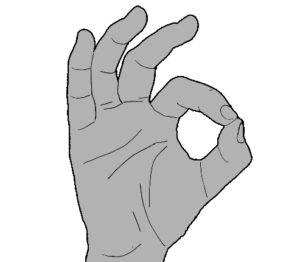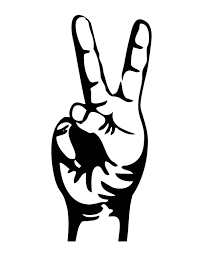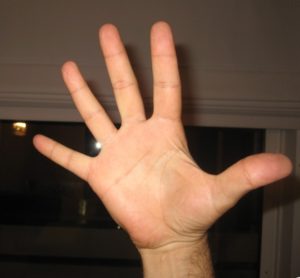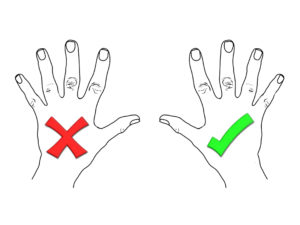One of the biggest challenges facing many expatriates as they attempt to fit into life in a new country concerns getting to grips with the local culture. When you relocate to a country that has different rules and customs from your own country there are a large number of pitfalls that you can unwittingly fall into and, without meaning to, you can risk causing offense to the locals of your host country or, worse still, find yourself in serious trouble with the authorities.
It’s not just what you say that you need to mindful of, here’s 6 innocent gestures that could actually land you in big trouble.
1. The Okay Sign
 Many westerners use their thumb and forefinger to form a circle, and use this gesture to signal that they are feeling fine or are happy with a situation. However, if you’re tempted to do this when living in countries like Greece, Turkey, Brazil or the Middle East, don’t! In many areas of the world this gesture is viewed as highly vulgar and is often used to indicate that you are calling someone homosexual.
Many westerners use their thumb and forefinger to form a circle, and use this gesture to signal that they are feeling fine or are happy with a situation. However, if you’re tempted to do this when living in countries like Greece, Turkey, Brazil or the Middle East, don’t! In many areas of the world this gesture is viewed as highly vulgar and is often used to indicate that you are calling someone homosexual.
2. Pointing
 Beware of protruding fingers. In many areas of the world pointing something out with your finger is considered incredibly vulgar and it is best to avoid doing this altogether wherever you are. If you wish to highlight something, indicate it with an open palm. Never be tempted to summon someone to you by using an outstretched finger it is so offensive in the Philippines that it is punishable by arrest.
Beware of protruding fingers. In many areas of the world pointing something out with your finger is considered incredibly vulgar and it is best to avoid doing this altogether wherever you are. If you wish to highlight something, indicate it with an open palm. Never be tempted to summon someone to you by using an outstretched finger it is so offensive in the Philippines that it is punishable by arrest.
3. Thumbs up

4. The V Sign

It is believed to have its origins in the battle of Agincourt (1415) when the English fought the French with longbows. The French apparently threatened to cut off the arrowing-shooting fingers of any English solders they caught and the English retaliated by waving their two fingers in the air at the French in a taunting gesture.
5. Raising your hands with your palms facing out

It’s not just Greece where this gesture should be avoided. In Pakistan, showing someone the palm of your hand represents a curse, in the Persian Gulf it is an insult mainly used by women and in Mexico showing someone your palm while repeatedly moving it towards the receiver means that you are warning them that you may take action they won’t like.
6. Using Your Left Hand to eat or shake hands

Research The Culture Before You Go
Always thoroughly research the culture and traditions of a country before you move there in order to avoid embarrassing yourself, or others. Our expat destination guides cover all the etiquette and social rules you need to be aware of when living overseas and will arm you with the information you need to be polite and courteous at all times when living abroad.

